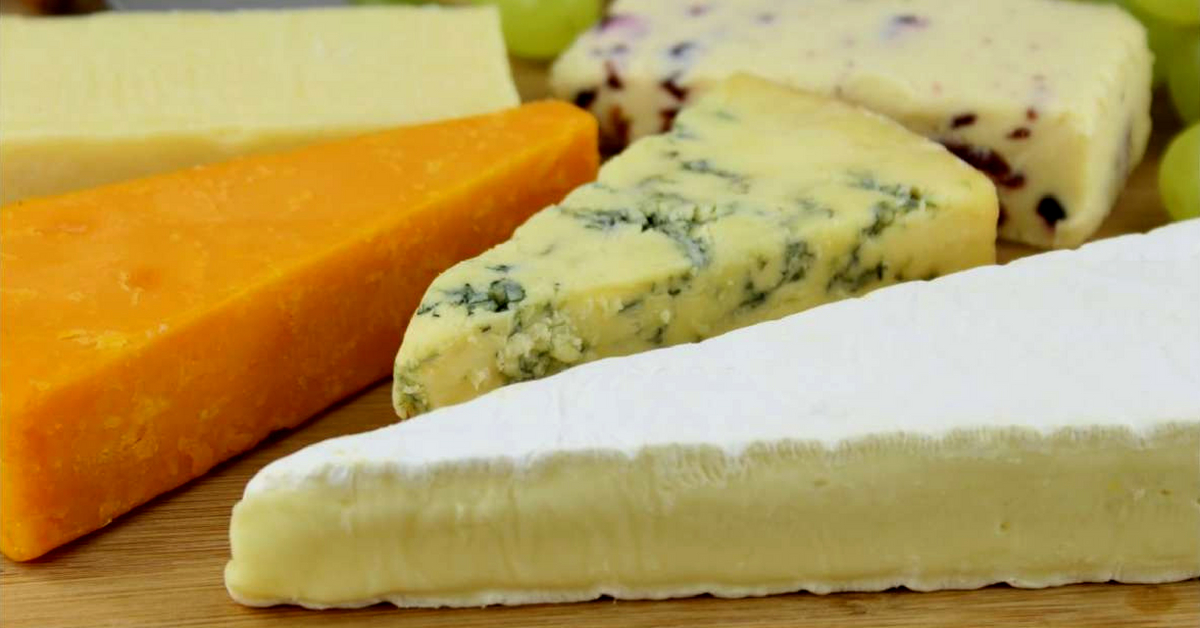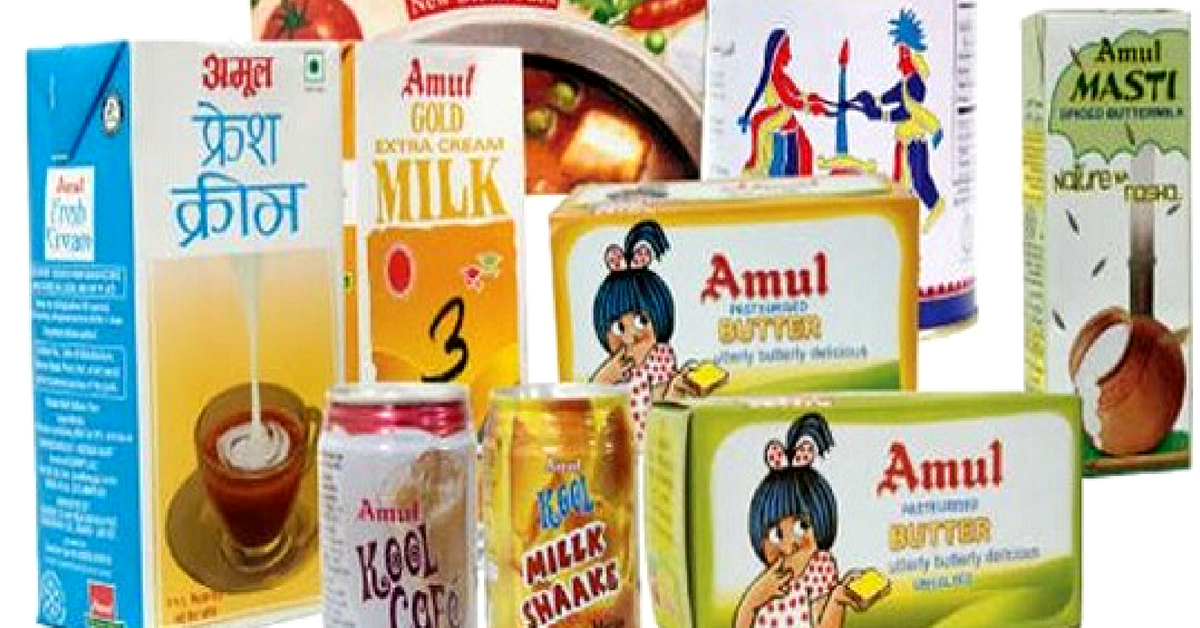70% North Indian Women Lack Vitamin D: 6 Easy Ways to Get a Healthy Dose of It!
Indian women, in particular, have a high risk of developing type 2 diabetes from their pre-diabetic stage. Did you know that this progression from pre-diabetes to type 2 can be related to a simple lack of Vitamin D?

Heart disease, obesity and diabetes are three of the most common lifestyle disorders in India. So, much so, that a large number of advertisements in the country focus on the prevention of these diseases.
Indian women, in particular, have a high risk of developing type 2 diabetes from their pre-diabetic stage. To get a better understanding of this matter, we must know that in a pre-diabetic stage, the blood sugar levels are high but too low for it to qualify as type 2 diabetes.
Did you know that this progression from pre-diabetes to type 2 can be related to a simple lack of Vitamin D?
Speaking to the Indian Express, Anoop Misra, Chairman Fortis C-Doc said, “In India, there is a need to understand this as women have a propensity to be obese, develop metabolic syndrome, consequent hyperglycemia and thereby be at the risk of diabetes. The pace at which women are moving from the pre-diabetic stage to the diabetic stage is alarming…”
To put things into perspective, 68.6% women living in North India were “deficient” in Vitamin D, 26% had “insufficient” levels while only 5.5% have “sufficient” levels of Vitamin D.

We have always known that the most accessible source of Vitamin D is through early morning sunshine, but as it turns out, a study published in the British Medical Journal, which studied 797 women between the ages of 20-60 years shows that this isn’t the case.
“If this could be prevented by prescribing a cost-effective vitamin D supplement, it would be amazing,” says Misra.
So how then, can we improve our Vitamin D levels and prevent the progression of pre-diabetes to type 2 Diabetes? Well, here are some foods you can include in your diet for your daily dose of Vitamin D:
1. Fish:

According to WebMD, including fish like salmon, mackerel or tuna in your diet, could increase your Vitamin D levels as fatty fish is considered to be a solid source of Vitamin D and C. Health Beckon says, “100 grams of canned salmon provides 91% of the daily recommended value of Vitamin D.”
2. Cheese:

Now, who doesn’t love this delicious dairy product? I for one, love to add shredded cheese on my Maggi, spread cheese on my sandwiches and rotis too! Also, cheese is an excellent source of not just Vitamin D, but also calcium!
You may also like: Want Pain-Free Periods? Celeb Nutritionist Rujuta Diwekar Shares What You Can Do!
3. Mushrooms:

Mushrooms are an excellent source of Vitamin D! According to Health Beckon, ” Mushrooms are exposed to the sun’s ultraviolet rays while growing, which increases its Vitamin D value. A cup of diced mushrooms provides a hearty 64% of the daily value of Vitamin D while being extremely low in calories.”
4. Orange juice:

Start your morning with a healthy breakfast and have a glass of fresh orange juice alongside it. Not only will it keep you energised and active all day, but will also increase your Vitamin D levels, and put up a solid fight against type 2 diabetes.
4. Eggs:

Eggs, whether eaten as an omelette, scrambled or boiled, are an excellent source of various nutrients, Vitamin D being just one of them. According to Cosmopolitan, “The level of the Vitamin isn’t as high as in salmon but is good for people who don’t consume seafood. Also, the level would depend on whether the hens were roaming in sunlight or not. The more sunlight hen absorbs, the higher level of Vitamin D in the yolk.”
5. Milk and Milk products:

Apart from cheese, other milk products, too, carry sufficient amounts of Vitamin D. A glass of whole milk would be the perfect start to a day. But in case you are not too fond of plain milk, try adding dairy products like butter, sour cream or yoghurt to your diet. If you are vegan, soy milk works too.
The Food Safety and Standards Authority of India (FSSAI) has “rolled out recommendations for fortifying Skimmed Milk, Double Toned Milk, Toned Milk and standardised milk with 770 IU of Vitamin A and 550 IU of Vitamin D per litre of Milk. The fortification will help provide 15 – 30 % of the daily requirement for these Vitamins.”
6. Oats and Cereal:

Eating oats and cereal for breakfast could be your daily dosage of Vitamin D. Have it with whole milk or soy milk, and the combination is just perfect! The level of Vitamin D in the cereal you are consuming depends on the brand and flavour. So make sure you check the label for its nutritional value.
(Edited by Gayatri Mishra)
Like this story? Or have something to share?
Write to us: [email protected]
Connect with us on Facebook and Twitter.
NEW: Click here to get positive news on WhatsApp!
If you found our stories insightful, informative, or even just enjoyable, we invite you to consider making a voluntary payment to support the work we do at The Better India. Your contribution helps us continue producing quality content that educates, inspires, and drives positive change.
Choose one of the payment options below for your contribution-
By paying for the stories you value, you directly contribute to sustaining our efforts focused on making a difference in the world. Together, let’s ensure that impactful stories continue to be told and shared, enriching lives and communities alike.
Thank you for your support. Here are some frequently asked questions you might find helpful to know why you are contributing?


This story made me
-
97
-
121
-
89
-
167











